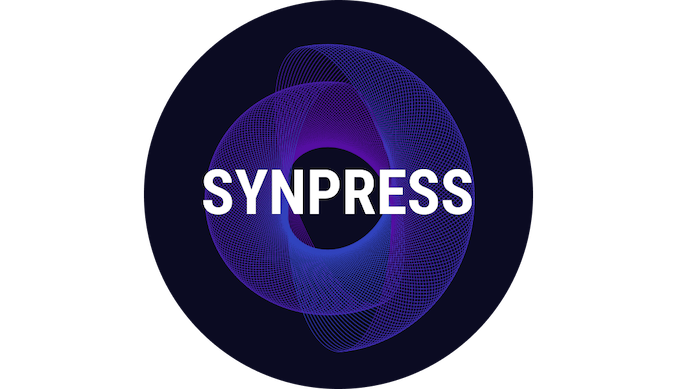Flags
Here’s the list of all available flags:--help
Shows the help message with a description of all flags.
--headless
This flag makes the browser run in headless mode when building the cache. Useful for local development.
By default, the browser runs in the headful mode.
--debug
This flag is used to enable the debug mode. For more information, see the Debugging Wallet Setups section.
--force
This flag is used to force the cache to rebuild. By default, the cache can only be rebuilt if the wallet setup file’s hash has changed. It’s useful when there are issues with your wallet setup files.
Consider this example setup file:
.env file with the environmental variables, the cache would still be built but with an incorrect state. To fix this cache, you’d have to create the .env file first and then rebuild it.
If you run the synpress command again after creating the correct .env file, you’d get a warning saying that this cache already exists and it won’t be rebuilt. To overcome this, you’d want to add the --force flag to the command (synpress --force) to force the cache to rebuild.
